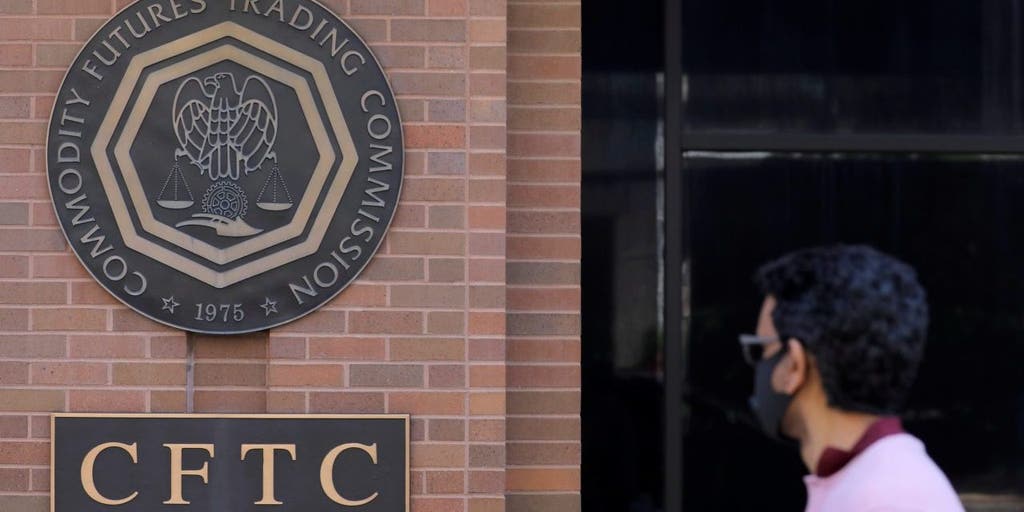Shan Hanes, the former CEO of Heartland Tri-State Bank, wired millions in embezzled funds to scammers who promised crypto riches and was arrested in 2024. Now, a DOJ complaint shows he was the single largest victim in a global "pig butchering" USDT laundering network.
Updated Jun 19, 2025, 1:53 a.m. Published Jun 19, 2025, 1:52 a.m.
A Kansas banker who looted millions from his small-town bank in 2023, which triggered its collapse, lost much of the money to overseas crypto scammers targeted in a record-breaking DOJ bust, according to a complaint filed Wednesday.
Prosecutors have filed a civil forfeiture action targeting over $225 million in laundered USDT, part of a butchering scam with ties to a Philippines call center that ensnared Shan Hanes, the disgraced former CEO who embezzled $47 million from Heartland Tri-State Bank, a theft which was directly attributed to the agricultural lender's demise in 2023.
According to the Department of Justice complaint, OKX, a crypto exchange, provided key information that helped identify an intricate network of accounts on the exchange used to launder the crypto proceeds.
Scammers laundered funds by first directing victims to send USDT to 93 scam-controlled deposit addresses. From there, the funds were routed through as many as 100 intermediary wallets in a process designed to obscure the source of funds and mix deposits from multiple victims, according to the complaint.
These laundered funds were then funneled into 22 primary OKX accounts and further shuffled across 122 additional OKX accounts, all linked by shared IP addresses, reused KYC documents, and coordinated behavior allegedly traced to a Manila-based scam compound, which the complaint names as ITECHNO Specialist Inc.
In total, the DOJ says that approximately $3 billion in transaction volume was generated by this laundering network.
Largest victims
In total, the DOJ says there were 434 victims and has identified 60 of them who lost a combined $19.4 million.
The largest of these victims was Hanes, with the DOJ identifying $3.3 million of the $47 million he embezzled in this seizure.
Hanes embezzled the money between May 30, 2023, and July 7, 2023, according to both the DOJ complaint and the Federal Reserve’s report into the collapse of Heartland Tri-State Bank, one of the banks to collapse in the aftermath of the 2023 U.S. banking crisis.
During this six-week period, Hanes initiated 10 wire transfers totaling approximately $47.1 million from Heartland Tri-State Bank, a small community lender focused on agricultural loans, to a crypto wallet he controlled.
These wire transfers occurred between the bank’s quarterly regulatory reporting periods, allowing the activity to go initially undetected.
At the time, Heartland was well-capitalized with $13.7 million in capital and $139 million in assets, but Hanes' actions depleted its liquidity, triggered $21 million in emergency borrowing, and left the bank with a $35 million capital hole, forcing regulators to shut it down in July 2023.
According to prior reporting from CNBC, Hanes also stole $40,000 from the Elkhart Church of Christ, $10,000 from the Santa Fe Investment Club, $60,000 from his daughter’s college fund, and liquidated nearly $1 million in stock from a firm called Elkhart Financial to send to pig butchering scammers.
He was sentenced to 24 years in prison in August 2024.
The DOJ complaint referred to him as both a perpetrator and a victim.
Seized crypto likely going to Fed stockpile
Crypto seized by the U.S. government, such as in this case, is likely to be earmarked for a not-yet-established stockpile ordered by President Donald Trump.
The bitcoin
reserve and the stockpile of other cryptocurrencies haven't yet been formally established, but the Treasury Department has been leading an audit of governmental digital asset holdings to determine what needs to be gathered.
Once established, the long-term crypto holdings will likely put seized bitcoin in one fund and other types of tokens in another.
The holdings in this case appear to be in significant amounts of USDT, according to the filing. It's unclear what funds may eventually be returned to victims, as only a relatively small percentage of those directly harmed have been identified.
Sam Reynolds
Sam Reynolds is a senior reporter based in Asia. Sam was part of the CoinDesk team that won the 2023 Gerald Loeb award in the breaking news category for coverage of FTX's collapse. Prior to CoinDesk, he was a reporter with Blockworks and a semiconductor analyst with IDC.
Jesse Hamilton
Jesse Hamilton is CoinDesk's deputy managing editor on the Global Policy and Regulation team, based in Washington, D.C. Before joining CoinDesk in 2022, he worked for more than a decade covering Wall Street regulation at Bloomberg News and Businessweek, writing about the early whisperings among federal agencies trying to decide what to do about crypto. He’s won several national honors in his reporting career, including from his time as a war correspondent in Iraq and as a police reporter for newspapers. Jesse is a graduate of Western Washington University, where he studied journalism and history. He has no crypto holdings.
.png)
 4 months ago
13
4 months ago
13






